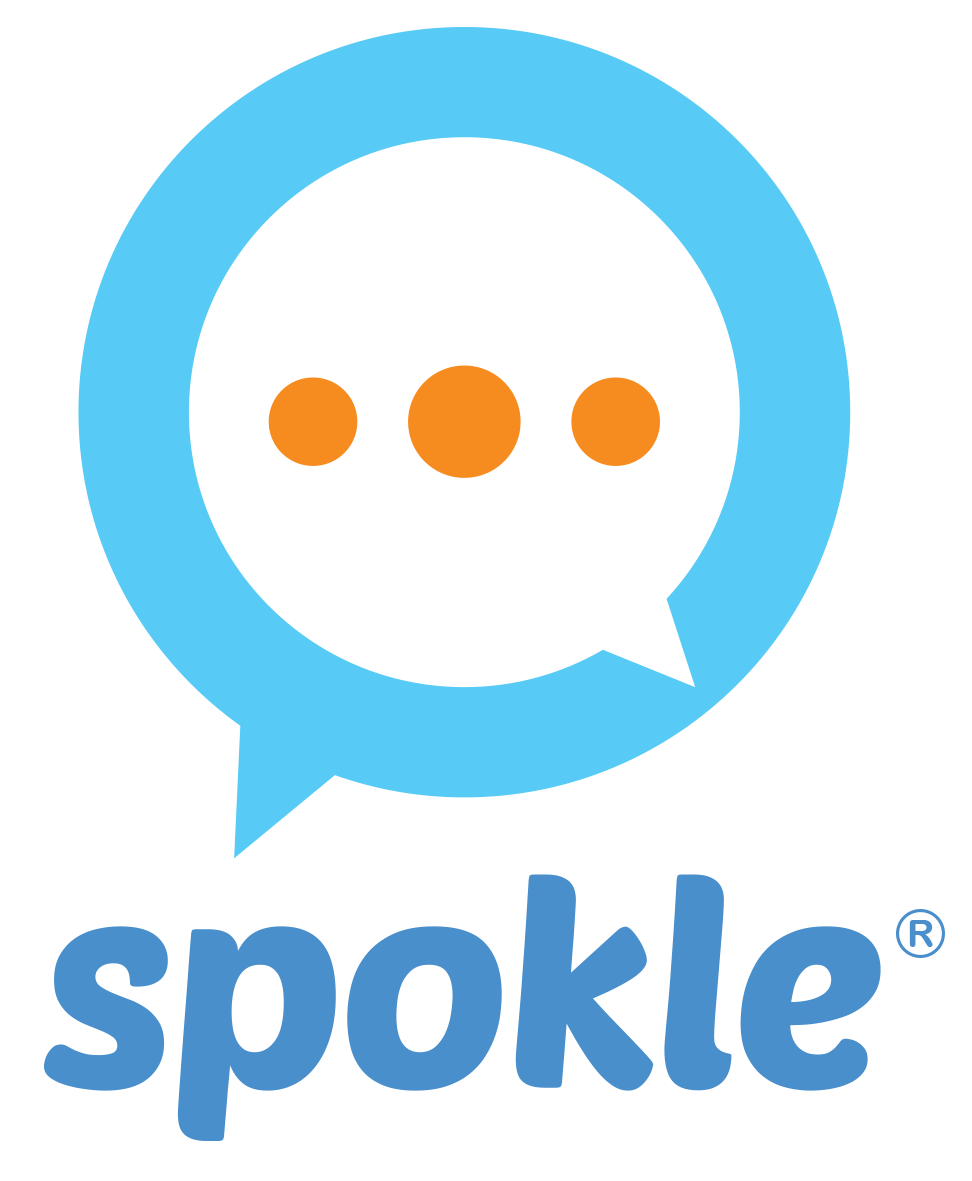Children learn language by hearing, copying and repeating words from their caregivers. For children with speech and language disorders, it is important to use many opportunities to demonstrate how to use language. This is known as “modelling language”. Parents of children with communication disorders or speech delays should model language frequently and consistently.
Your daily routine of meal times, bath times, putting on clothes and so gives many opportunities to start modelling language. Repeated daily activities are great to grow your child's understanding skill. Because these activities are both routine and meaningful to your child, we can easily model language with frequency and consistency. Being able to understand activities will encourage them to participate and improve their communication skills.
For example, when it is time to eat we can say "It's lunch time! Let's grab a spoon and come sit on your chair". As we typically have meal time a few times a day it's a perfect opportunity to model language and introduce action words or phrases like “sit” or “wash your hands”. We can also introduce common nouns like spoons, bowls, cups or other common items. All of these words and phrases are a meaningful part of your child’s daily routine.
In repeated activities such as bath time, you can give your child clues through repeating the activities the same way each time, using the same words, phrases and items.
For example, you can say "bath time!" while holding his towel and clothes. By doing this consistently every bath time, your child learns:
· the meaning of words and phrases
· the sequence of events of what happens during bath time
· when it starts and when it ends.
When your child understands this activity through repetition, they will then participate. Encourage them to engage with you and don't forget to have fun!
Find opportunities within your daily routine to talk with your child and model languages. Over time, your little one will become an active talker blurting out words to surprise you! If you would like more ideas for how you can model language for children with communication disorders, you can find them in the Spokle speech therapy app.


